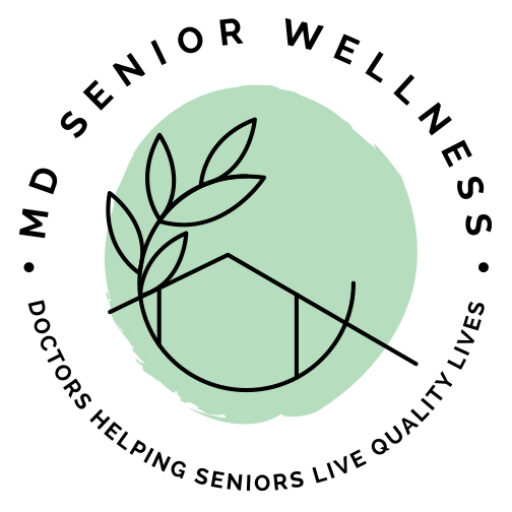FROM OUR BLOG
Avoiding Risky Substances: A Key Step Toward Healthy Aging
By Raj Kalra, MD.

As we get older, many of us focus more on staying active, clear-minded, and independent for as long as possible. Healthy eating, regular movement, and good sleep habits all play a role in helping us feel our best. But there’s another area that’s just as important — being mindful of how certain substances may affect us differently with age.
Alcohol, tobacco, certain medications, and even cannabis products can have a stronger impact on older adults than they once did. Our bodies change over time, and we tend to process these substances more slowly. What once felt fine might now lead to dizziness, sleep issues, or a greater risk of falls — sometimes without us even realizing it.
Take alcohol, for instance. It’s something many people enjoy socially. But as we age, even light drinking can interfere with medications, disturb sleep, and affect balance. For those managing chronic conditions or memory concerns, cutting back — or skipping it altogether — might lead to feeling more steady, well-rested, and alert.
Tobacco, whether smoked or vaped, also takes a toll. It’s well known to harm the lungs and heart, but it can also weaken the immune system and may contribute to cognitive decline. The encouraging news is that quitting makes a difference at any age. Many older adults who stop smoking find they breathe more easily and feel more energetic, sometimes in just a few weeks.
Prescription medications can present their own challenges. Many seniors take multiple prescriptions, and some — such as sleep aids, sedatives, or strong pain relievers — can cause grogginess or confusion. This increases the risk of falls and may affect overall quality of life. That’s why it’s wise to regularly check in with a doctor or pharmacist to review your medications and see if adjustments can be made.
Cannabis use has also become more common among older adults seeking relief from pain, anxiety, or sleep difficulties. While it may help some people, products containing THC can impact coordination, memory, or mood. As always, it’s best to consult with a trusted healthcare provider before trying something new, to ensure it’s a safe and appropriate choice.
Avoiding or reducing the use of certain substances isn’t about judgment — it’s about protecting your health, confidence, and daily wellbeing. Even small changes, made gradually, can lead to meaningful improvements. That might mean skipping that extra evening drink, adjusting medications that make you feel foggy, or taking the first step toward quitting tobacco.
Healthy aging isn’t only about what we add to our routines — it’s also about knowing what to let go of. By staying informed and making thoughtful choices, we give ourselves the best chance to feel strong, safe, and engaged in life for years to come.

Dr. Raj Kalra, a physician, and Dr. Nisha Kalra, a dentist, with their daughters Indie and Liya, alongside Raj’s parents, Om (87) and Darshan (84), representing three generations focused on health and well-being.

Dr. Raj Kalra is a board-certified physician with over 15 years of clinical experience in physical medicine and rehabilitation, pain management, lifestyle medicine, and obesity medicine. As the founder and president of Aroha Memory Care, a lifestyle medicine and wellness-based memory care home set to open in Santa Rosa in 2025, Dr. Kalra is dedicated to fostering a nurturing environment that empowers seniors to thrive in health and well-being.




